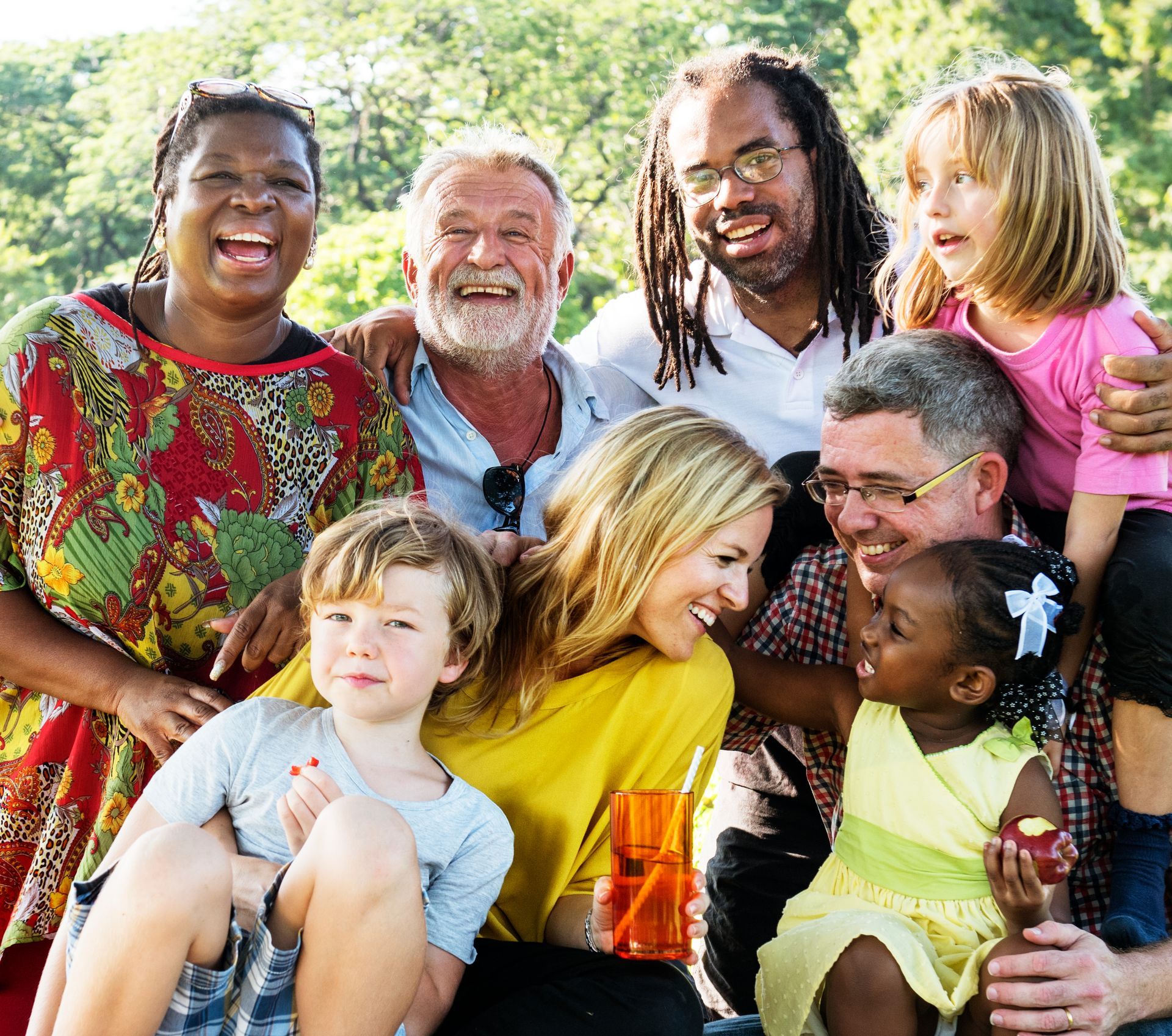Relationship Pleasure Scale Assessment
Research-Validated
The Relationship Pleasure Scale (RPS) is an objective six-item self-report measure of general relationship satisfaction. Developed by the PAIRS Foundation approximately 15 years ago, the instrument has been used as a pre-post measure of relationship satisfaction in association with the PAIRS marriage and relationship education courses. Each question asks the user to rate their relationship in the following areas: Sensuality, sexuality, intellectuality, emotionality, friendship & trust, and what has been built together. Response options are on a five-item Likert scale (0 to 4) for the first five questions and a six-item Likert scale (0 to 5) for the last item. The scores are summed and multiplied by 4 for a total score ranging from 0 to 100. Higher scores correspond to greater levels of relationship pleasure and satisfaction.
The UCF Marriage & Family Research Institute began a process to validate the Relationship Pleasure Scale in 2007. Once sufficient data was collected, the first phase was to conduct an extensive review of the literature to substantiate the six items on the RPS. Results of this extensive review found that each of the following areas were found to be important in relationship quality and satisfaction:

- Sensuality (Guerrero & Anderson, 1991; Joanning & Keoughan, 2005; Kaslow & Robinson, 1996))
- Sexuality (Cllymer, Ray, Treppr, & Pierce, 2006; Joanning & Keoughan, 2005; Sprecher, Mettes, Burleson, Hatfield, & Thompson, 1995)
- Intellectuality (Bailey & Mettal, 1997; Ketchler, 2006; Meeks, Hendrick, & Hendrick, 1998)
- Emotionality (Croyle & Waltz, 2002; Katz & Joiner, 2002; Prager & Buhrmester, 1998)
- Friendship & Trust (Erickson, 2001; Johnson, Amoloza, & Booth, 1992; Vanderbleek, 2005)
- What Has Been Built Together (Hatch & Bulcroft, 2004; Jacobson & Addis, 1993; Stafford & Canary, 1991)
The second phase was to conduct reliability and validity analyses of the Relationship Pleasure Scale. To evaluate the dimension(s) that underlie the RPS, a principal component factor analysis with a varimax rotation was conducted using 1,387 PAIRS participants who completed the assessment prior to entering the marriage and relationship education course between February 2007 and May 2008. A one factor solution was confirmed that accounted for 62.71% of the variance explained. The component values for each area were: Sensuality - .82, Sexuality - .76, Intelligence - .82, Emotionality - .86, Friendship & Trust - .85, and Built Together - .62. Results of these analyses provide strong support for the one factor structure for the Relationship Pleasure Scale.
The internal consistency for the six-items on the Relationship Pleasure Scale was evaluated using the Chronbach’s alpha coefficient. The overall alpha coefficient was. 88. Additionally, the alpha for males (n-617) was .86 and the alpha for females (n-770) was .88. For White participants (n=355), the alpha was .88,.88 for Hispanic/Latino participants (n=624), and .87 for Black/African-American participants (n=346). Concurrent validity was established by conducting bivariate correlations with the Dyadic Adjustment Scale (Spanier, 1988; Spanier, 1989; and Spanier & Thompson, 1982)). Correlations between the RPS total score and the Dyadic Adjustment Scale (DAS) Total and subscale scores were all significant at the .01 level (<.01): Dyadic Satisfaction (.74), Affectional Expression (.63), Dyadic Cohesion (.66), Dyadic Consensus (.66), and Dyadic Total Score (.80).
In conclusion, the research conducted suggests that the Relationship Pleasure Scale is a valid and reliable measure of relationship satisfaction and pleasure. Since this is the first research conducted to validate this instrument, it is hoped that additional research will be conducted to contribute further to the use and utility of this instrument. The Relationship Pleasure Scale, which is available online, can be obtained through the PAIRS Foundation in Hollywood, FL at www.pairs.com or info@pairs.com. You can also reach PAIRS by phone at +1 (888) 724-7748.

